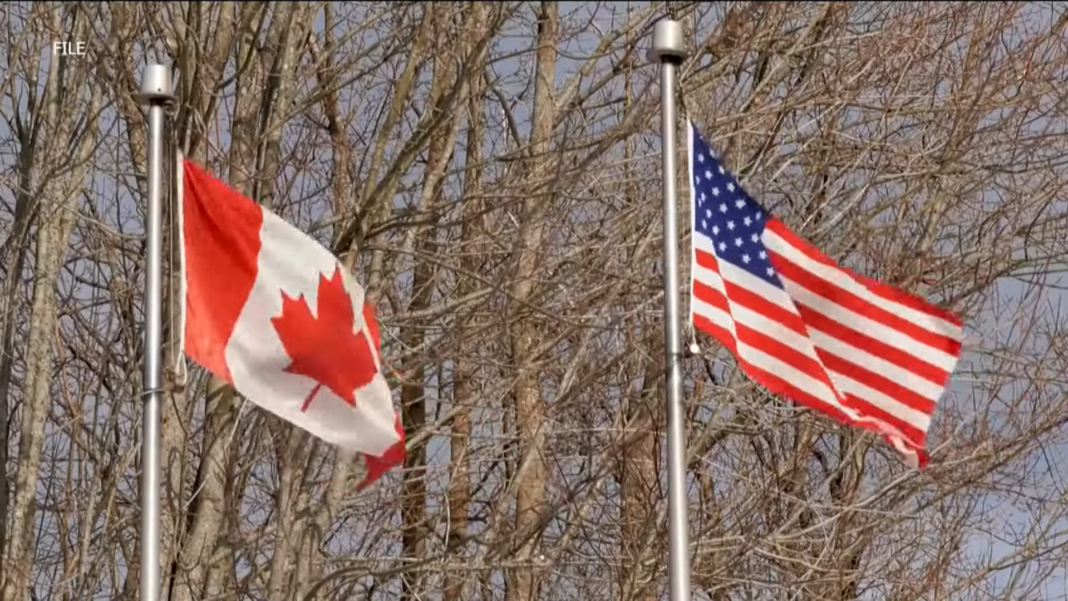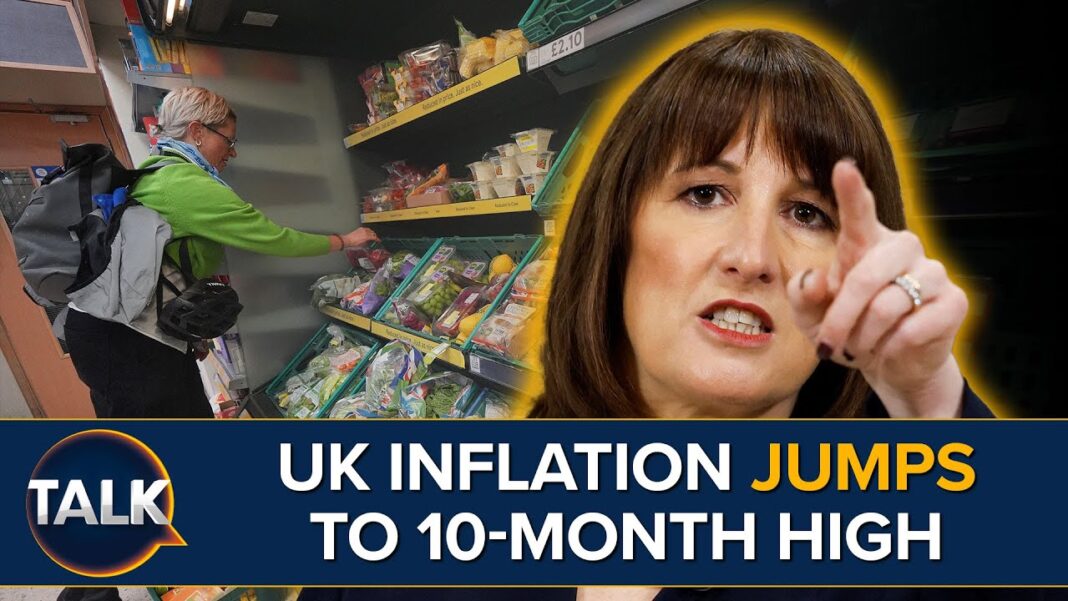The travel industry is witnessing a significant shift as Canadian tourists reconsider their trips to the U.S. Rising tariffs and political tensions have driven many to explore alternative destinations. As a result, U.S. businesses reliant on Canadian tourism are experiencing a downturn.
Declining Travel to U.S. Destinations
Many Canadians who traditionally visited American destinations are now looking elsewhere. Reports indicate a decline in bookings to leisure destinations, particularly for the winter season. Airlines and tour operators confirm a decrease in sales.
Airline Industry Impact
- Major airlines report a surge in flight cancellations to the U.S.
- Leisure travel demand started falling as early as March.
- Canadian travelers are shifting their plans towards Europe and domestic locations.
Tour Operators and Business Reactions
- Tour operators saw an immediate 30% drop in U.S. travel bookings.
- U.S. businesses that rely on Canadian tourists are already feeling economic strain.
- The U.S. Travel Association estimates that a 10% decline in Canadian tourism could lead to a $2 billion loss.
Changing Consumer Sentiment
Canadians are using travel choices as a statement against U.S. policies. Many believe reducing tourism to the U.S. will serve as an economic signal against tariff measures. This shift is not just limited to air travel; border crossings by road also show a downward trend.
Long-Term Implications for Tourism and Economy
- Impact on U.S. Travel Industry: Declining visitor numbers could lead to revenue losses for airlines, hotels, and entertainment venues.
- Growth in Alternative Destinations: European travel and domestic Canadian tourism may see a rise in demand.
- Political Repercussions: Economic pressure from reduced tourism could influence future trade and diplomatic policies.
Future Outlook: What Lies Ahead?
If tensions persist, U.S. tourism businesses may need to diversify their strategies to attract international visitors. The key takeaways for the future include:
- Adapting Marketing Strategies – U.S. destinations might have to adjust their outreach to win back Canadian tourists.
- Policy Adjustments – Trade and travel policies could evolve in response to economic pressures.
- Consumer Advocacy – Travelers will continue using their spending choices to express political stances.
Conclusion
Canadian travel behavior reflects a growing economic shift fueled by political tensions. While the immediate impact is clear, long-term consequences depend on policy changes and business adaptations. The tourism industry will need to respond strategically to minimize losses.
Disclaimer
This article is based on publicly available data and industry reports. The interpretations reflect general trends and do not represent official policies or financial forecasts.
Dr. Noah Alvarado is a global economist specializing in international trade policies and macroeconomic analysis. His research has been published in prominent journals.




